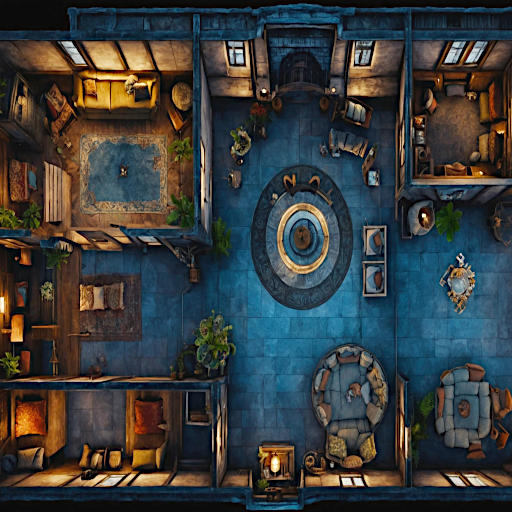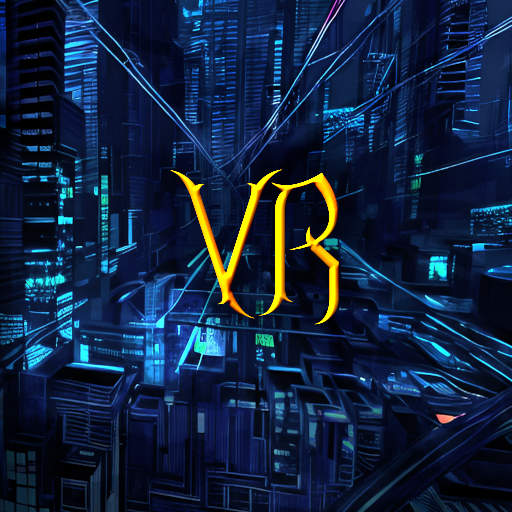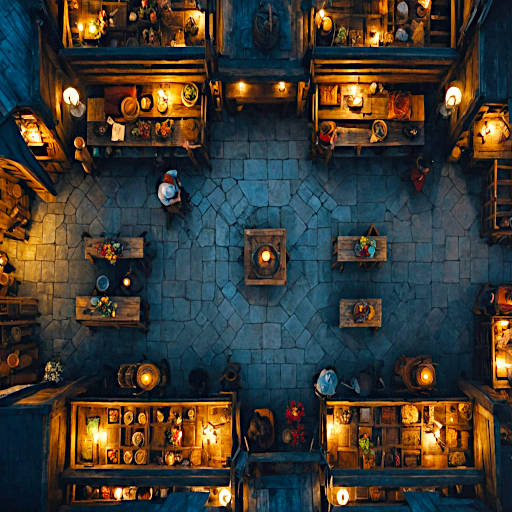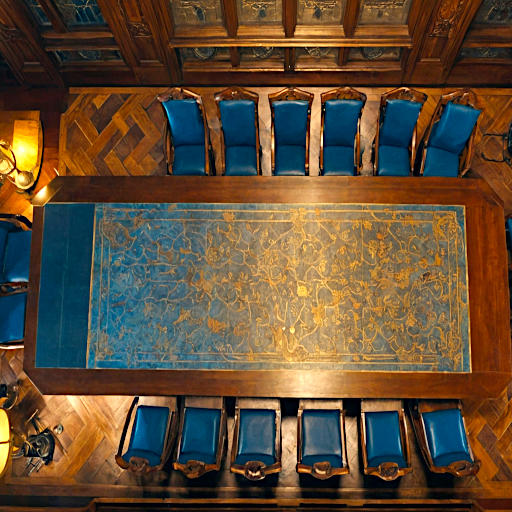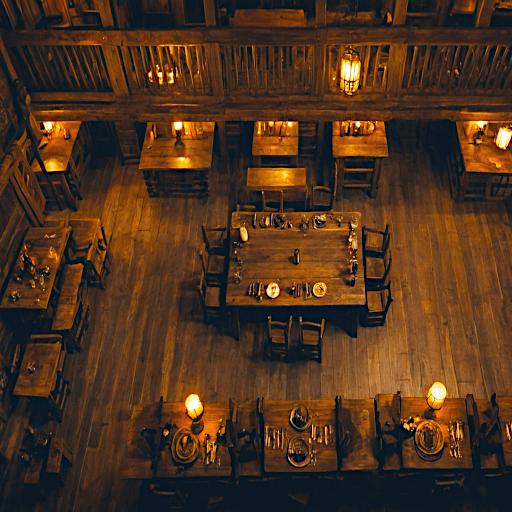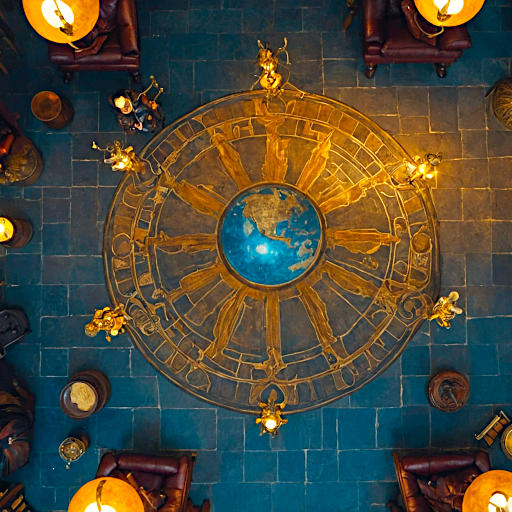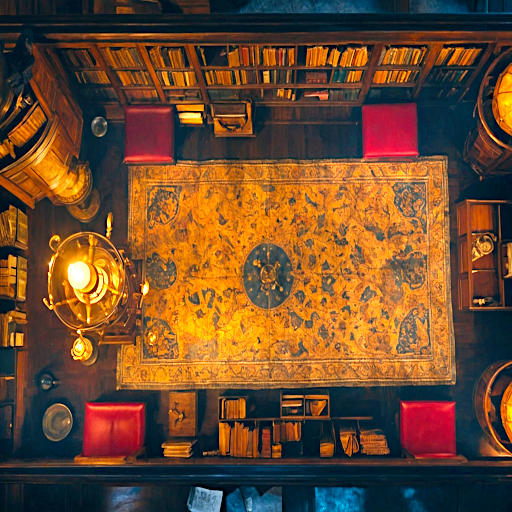Chapter 2 - Character Creation
Attributes
Attributes work just like skills. The "capacity" is genetic, based on your race. It is rated as:
- Subhuman
- Human
- Superhuman
- Supernatural
- Deific
Physical
- Body (BDY) - This measures your physical health, Endurance, and physical strength.
- Agility (AGL) - A measure of physical dexterity, grace, and balance
- Appearance (APN) - Appearance scores are based on how much you stand out in the crowd, with the level being how many unusual physical attributes are immediately noticeable.
- Speed (SPD) - Is physical running speed. The capacity determines the time of run actions
Mental
- Mind (MND) - This is your right, creative half of the brain, involved in creativity, heritage, and engineering. It is also your connection to the Astral plane and source of Ki energy and mental endurance
- Logic (LOG) - This is your left, logical half of the brain. It is involved with the memorization of facts, logical reasoning, and math. You can use logic for mental evasion.
- Aura (AUR) - Aura is about emotional depth, charisma, will, and how well you can maintain control of your emotions. It is also your connection to the Ethereal plane. Determines starting Light
- Reflex (RFX) - Reflexes determine initiative, reaction speed, and the base actions per round. While Agility determines how well you can hard dodge, this stat is how fast you can do so.
On the Astral plane, all mental attributes replace the physical ones.
Rolling Scores
Roll 2d6 for each, plus Darkness. Darkness merges skills, attributes, and metacurrencies and is explained in the book. Put your lowest roll into Darkness. Your skills and occupations will raise your attributes from here. This is not an attribute focused game so don't worry about those scores!
Skills & Occupations
You build your character as a set of skills that detail what you know and what you've been trained to do. This is a simple point buy, spending the XP you have earned to this point in life (generally young). Each skill you buy raises the related attribute.
Each skill has a cost. Pay the cost in XP and write down all the skills. After each skill is the related attribute. Copy the attribute score as the skill's starting XP. Occupations may have a Bonus listed after the attribute, like BDY+4. Copy your Body attribute and add 4 to get the starting XP of the skill. Next, raise the attribute score by 1.
To make things quick and easy, you can buy entire occupations as sort of a "character class" that grants a discount for learning all the skills as a cohesive unit. You will apply attribute bonuses all at all once at the end of the occupation.
You can even even mix and match between smaller "light-weight" occupations to give yourself more left-over XP to customize your character with additional skills, or by just putting more XP into skills you already have. You can take individual skills before or after occupations. Just write it down in the order you learned it.
Heritage, Culture & Factions
Your knowledge of culture and heritage are represented by a skill. This skill has a style with passions. Culture is knowledge of social queues, body language, mores and values, local customs, religions, language & speech patterns, rites of passage, and lore.
Choosing styles that are named in your heritage grants experience in your culture. As the style increases in level, you learn more about your culture. Culture earns passions specific to that culture. The more passions you have, the more strategic options you have available during play.
Intimacies
There are 3 levels of intimacies: outer, inner, and defining. The level changes how many advantage or disadvantage dice are added to a roll: 1, 2, or 4. Each intimacy is a person, place, or idea that represents something that is important and "intimate" to you.
Intimacies can be used to activate special passions as well.
Disposition
Your disposition is just a quick personality type. You can make one up, choose from a list, or roll on the table until you find something you like. The table will usually be kept handy by the GM. You can find the Disposition table at the end of the chapter breakdown.
Details
You also have a personal trait, can optionally add flaws, your background & environment, which may determine social standing, starting wealth, and allows you to expand your secondary skills to includes skills you would have been exposed to around the home.
Background
Writing out a background is required, but by the time you get here, your choices will develop a story. The GM will grant extra XP or other bonuses based on what you give him to work with.

